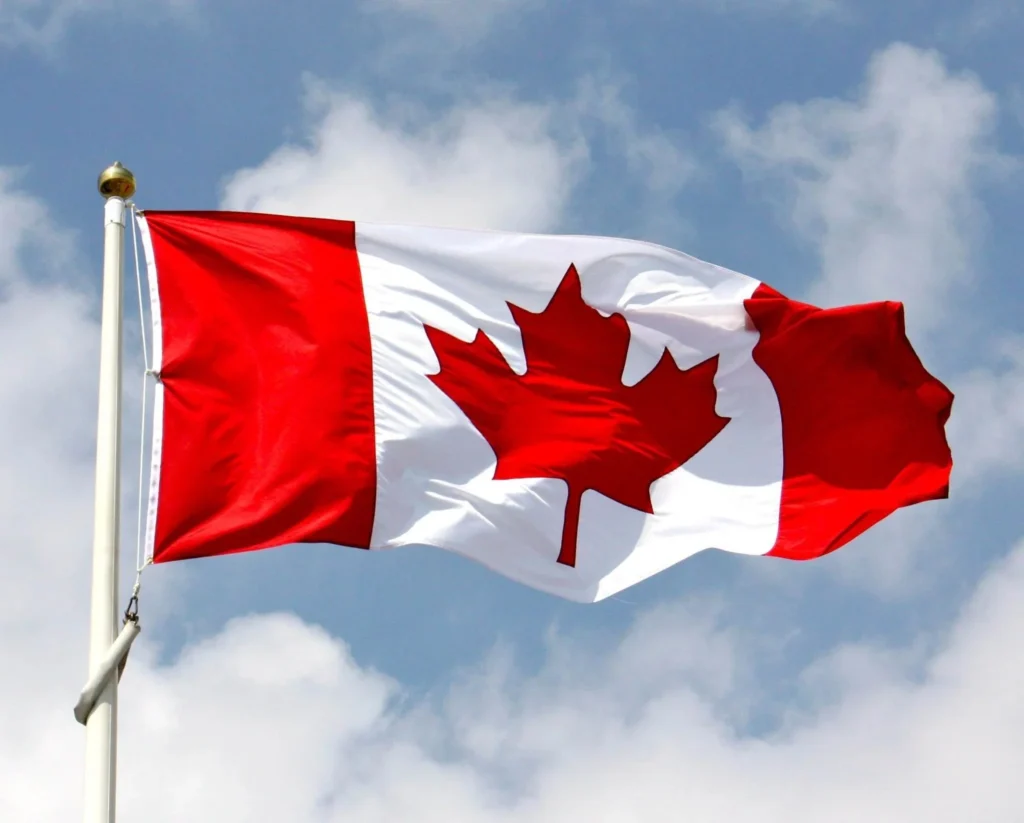Controversial Canadian Border Bill Sparks Privacy Concerns Over Warrantless Data Access

Ottawa, The Gulf Observer: The Canadian Liberal government’s proposed Strong Borders Act (Bill C-2) is facing mounting backlash over sweeping surveillance powers that would allow police and the Canadian Security Intelligence Service (CSIS) to access personal information from a broad array of service providers without a warrant.
Federal officials held a closed-door briefing with reporters on Thursday to defend the controversial legislation, citing the need to adapt to the evolving landscape of transnational crime, terrorism, and drug trafficking. They emphasized that the bill’s “lawful access” provisions are designed to provide law enforcement with timely tools to protect public safety — but critics argue it could come at the cost of civil liberties.
If passed, Bill C-2 would grant police and CSIS the authority to compel public service providers — such as banks, car rental agencies, internet companies, and even medical professionals — to hand over basic subscriber information without prior judicial approval. More detailed data would still require a production order, but only once the initial information leads to a criminal investigation.
Officials outlined a hypothetical scenario: if CSIS receives intelligence about a potential terrorist threat tied to a phone number, the agency would first need to confirm the telecom provider before applying for more detailed information. Under C-2, this step could occur without judicial sign-off, streamlining the early stages of such investigations.
Urgency Clause Raises Alarm
One of the bill’s most contentious aspects is its exigent circumstances clause, which permits warrantless data seizures if officials believe a delay could result in evidence loss or an immediate threat to public safety. Critics warn this could open the door to unchecked surveillance.
Tim McSorley, national coordinator of the International Civil Liberties Monitoring Group, condemned the bill, stating:
“Without a warrant, police and spy agencies could demand information about our online activities based on the low threshold of reasonable suspicion. Bill C-2 would undermine more than a decade of Canadian privacy-related jurisprudence to enable a massive expansion of domestic surveillance.”
Sweeping Scope of Access
The government admitted that the definition of service providers is broad and could include hospitals, psychiatrists, financial institutions, hotels, and more. While the bill allows providers to request judicial review if uncomfortable complying, non-compliance could result in hefty fines or imprisonment.
A Charter statement from the Department of Justice claims the bill is compliant with the Canadian Charter of Rights and Freedoms, arguing that common law already permits warrantless searches in urgent scenarios.
Support and International Pressure
Despite the backlash, the bill has strong support from police organizations and child protection advocates, who argue that it will help combat online exploitation and enable faster action in critical cases. Former CSIS director Richard Fadden defended the concept, comparing it to the days when a simple phone book gave law enforcement essential leads.
The federal government insists that C-2 is vital to border security, tackling organized crime, money laundering, and halting the fentanyl crisis. It also comes amid renewed pressure from former U.S. President Donald Trump, who had previously criticized Canada for failing to stop irregular migration and the flow of opioids into the U.S.
As the bill moves through Parliament, civil liberties groups, privacy advocates, and opposition MPs are preparing to challenge its scope — setting the stage for a major showdown over the balance between public safety and personal privacy in modern Canada.


